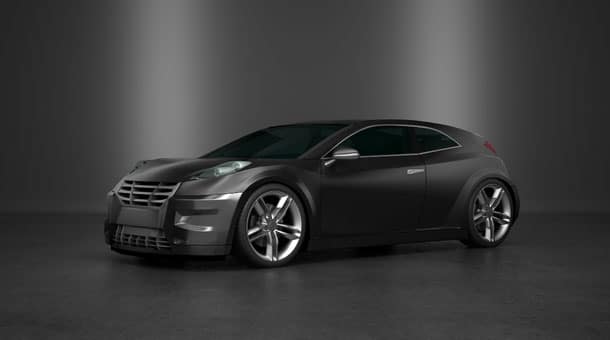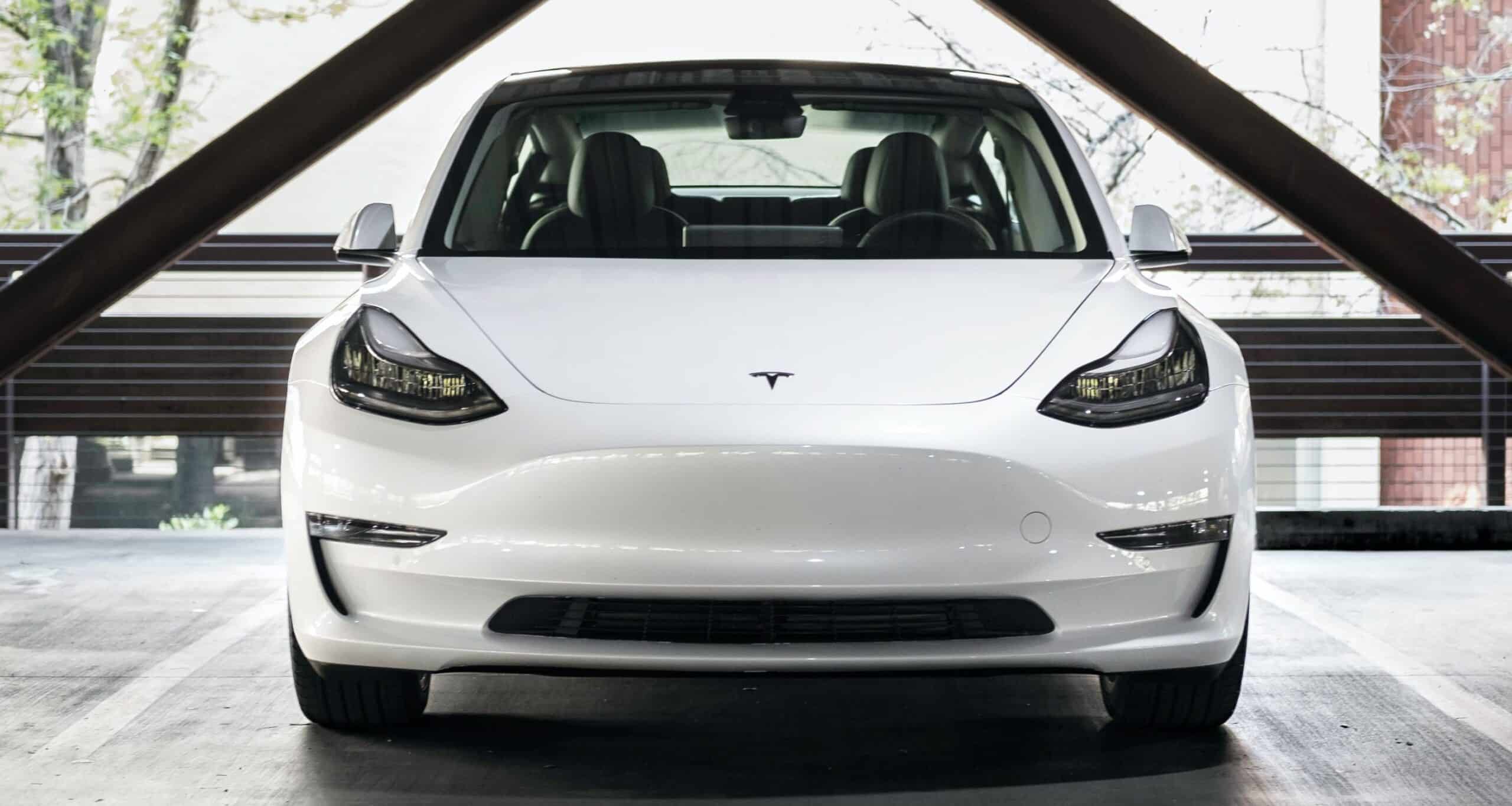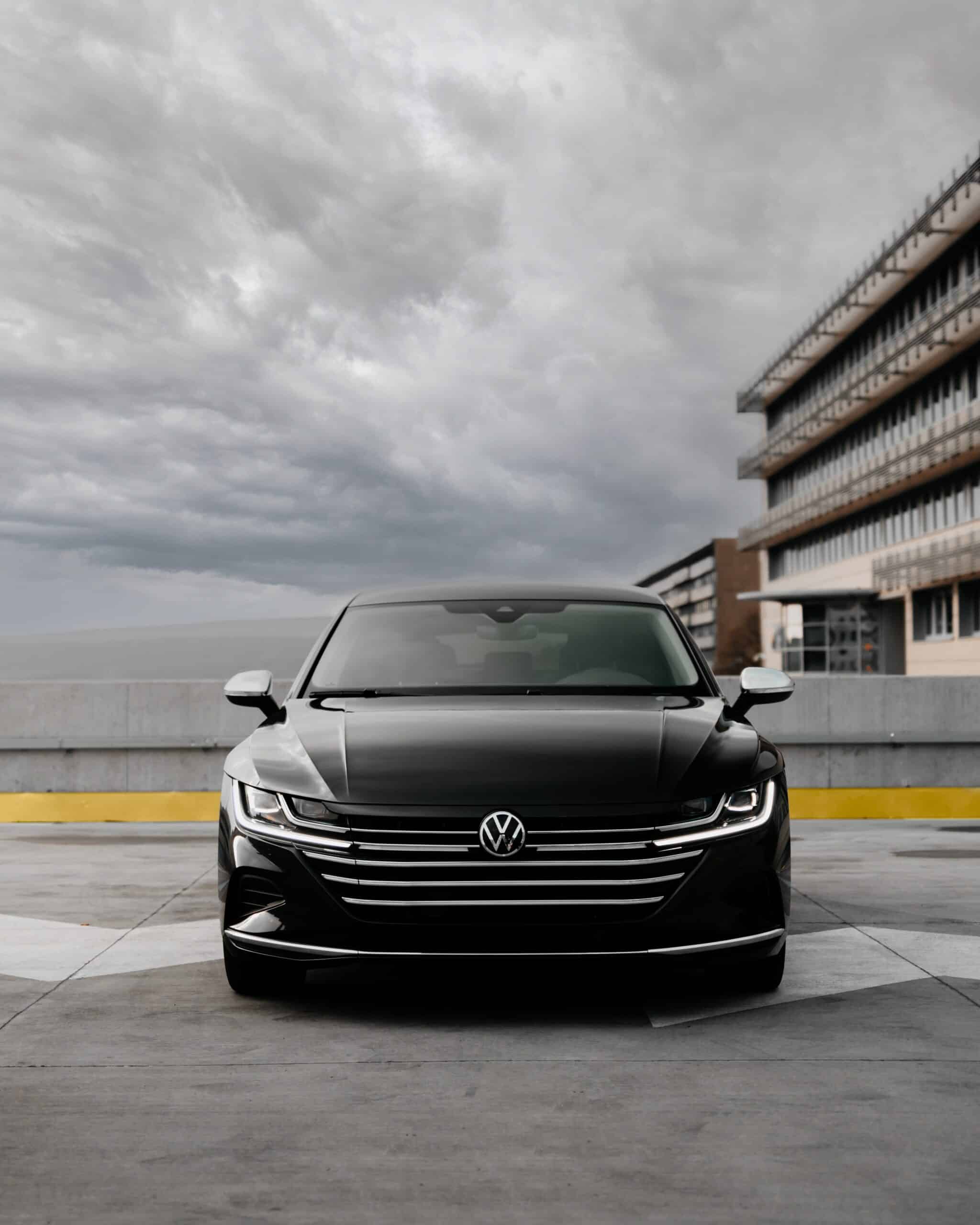Hybrid vehicles offer drivers the most efficient of both technologies for their cars. You can take advantage of buying a hybrid car in the performance based on fuel while getting the benefit of a long distance due to electricity conservation.
The first vehicle to be legally classified as a hybrid was created in the hands of Dr Ferdinand Porsche in 1898. It had a gasoline-powered engine and was further augmented by an electric generator with four electric motors, one for each wheel hub. The range of the first hybrid vehicle was approximately 40 miles.
In recent years, hybrid technology has been instrumental in advancing the automotive industry, providing drivers with more choices, a greater range of driving, and many other advantages.
The Pros and Cons of buying a hybrid car

1: Warranties
Hybrid car makers typically provide their customers with an eight-year guarantee that covers the entire hybrid system if something goes wrong.
2: Less Oil and Gas required
Although hybrid cars don’t completely reduce the requirement for gasoline and oil, they do decrease the amount required because engines that run on internal combustion won’t be utilized to the extent. If more people utilize hybrid cars, saving more fossil fuels will be much easier.
3: Fuel Efficiency
Since you do not need as much gas for driving, you don’t need to fill your gas tank as frequently. This can lead to gas savings, mainly when driving in towns or cities where traffic is less.
4:Tax Credits
Anyone who purchases and uses an electric or plug-in hybrid vehicle will be eligible for a federal $7,500 tax credit for their income tax. This isn’t available for plug-in hybrids made by every manufacturer, so be sure the vehicle you purchase is approved.
5: Eco-Friendlier
It’s ideal to claim that hybrid cars are eco-friendly 100; however, they aren’t since they still run on gasoline. But, they’re more sustainable than gasoline-powered traditional vehicles since hybrid vehicles emit less carbon dioxide emissions. This is a small step to combating global warming.
They will teach the driver how to operate more effectively.
Manufacturers have provided drivers with all the necessary tools to be more efficient in driving a hybrid vehicle. The information you receive is about the current miles/kilometers per gallon.
You can check your actual mileage on the fuel tank. You can also check how much energy is saved by the brakes. If you can accelerate slowly and brake early whenever feasible, you’ll conserve more fuel by using your electric motor more frequently.
Cons of Hybrid Cars
1. They are more expensive for battery replacement costs
If you have to replace the battery in the standard car, it could cost you around $100 for a battery at your regular retail store. In 10 years, it is possible to replace the batteries three times which would cost $350 plus tax.
If you were forced to change the batteries of the hybrid vehicle during the same time, it could cost upwards of $3000 for some cars. While manufacturers of vehicles offer warranties for the battery for up to 15 years, in California and California, this could be an expense that should be considered.
2. They come with a higher capital cost than standard vehicles
Although hybrid vehicles are more expensive than electric ones, you’ll pay more for the hybrid model than for a similar model with no features in hybrids.
The Hyundai Ioniq is among the most value-for-money purchases available today and offers the 119 miles per gallon offered by its plug-in options with an MSRP of about $22,000. The Hyundai Accent is a similar model. Hyundai Accent comes with an MSRP of around $15,000.
3. They have various levels of hybrid technology
Different manufacturers provide different degrees of hybrid advantages. Specific models, like those from Honda Insight, save fuel by turning the gasoline engine off whenever the vehicle is stopped at an intersection with a red light.
It cannot operate with its electric motor by itself. Specific models may not have climate control systems that run if the gasoline engine isn’t operating.
They are referred to as “mild” hybrids, provide only a few benefits, and have an increased price. On the other hand of the spectrum, the Ioniq gives you an experience nearly as close to an electric car as you could be while using a gasoline-powered engine.
4. There are few options available for families with larger numbers
If you’re part of a family with more than six persons, then hybrid cars have a limited number of alternatives to think about. Few car manufacturers offer third-row options that include the hybrid option.
Even if you look for hybrid third-row cars, most of the choices you’ll discover are fuel-efficient SUVs that aren’t hybrids. Other than those like the Toyota Highlander and the Dodge Durango, Your choices are limited when looking to buy a new car.
5. They provide an unreliable cranking battery
If you have a hybrid automobile, you should be mindful about turning off the lights. The battery with 12v that is used to drive the car is much smaller than the ones you’ll find in non-hybrid versions of similar models.
Turning off the interior lights for a couple hours is enough to deplete the battery. Batteries from the aftermarket for hybrid vehicles tend to be better than the ones that come with the vehicle. Still, the price is nearly twice that of a conventional battery for a fuel-powered vehicle.
6. There could be performance issues to take into consideration
Most hybrids are built for drivers to provide more fuel efficiency. These vehicles are not typically designed to be fast.
However, there is the possibility of “getting going” at the stop or red light signal; the gasoline-only vehicle will outperform the hybrid in time. Hybrid vehicles are also more likely to cut out features like suspensions tuned for sports, making the car light but sacrificing the driving experience.
The hybrid car’s pros and cons should be considered for those looking for a brand new car. If your home’s structure is strong enough to accommodate the style of the standard hybrid, some models offer the best fuel efficiency when compared with non-hybrid vehicles.
The larger families are more likely to have difficulty finding something practical. Even better, the fuel efficiency of a hybrid SUV with seven passengers is not that much better than that of a regular vehicle.






